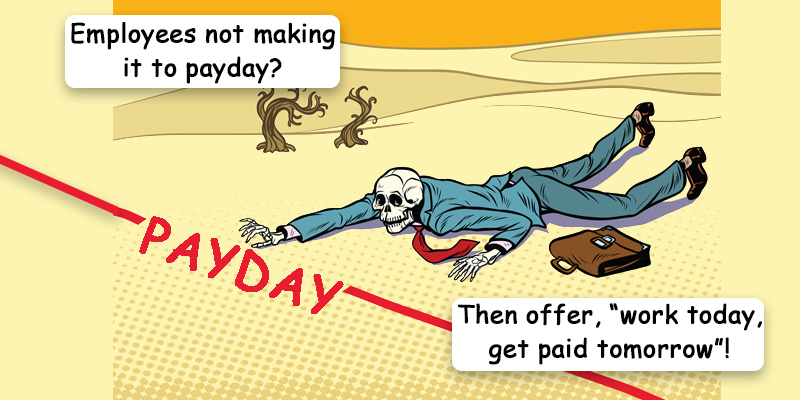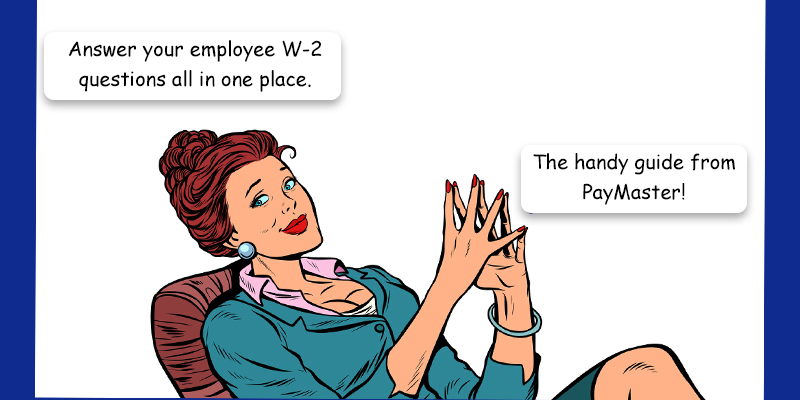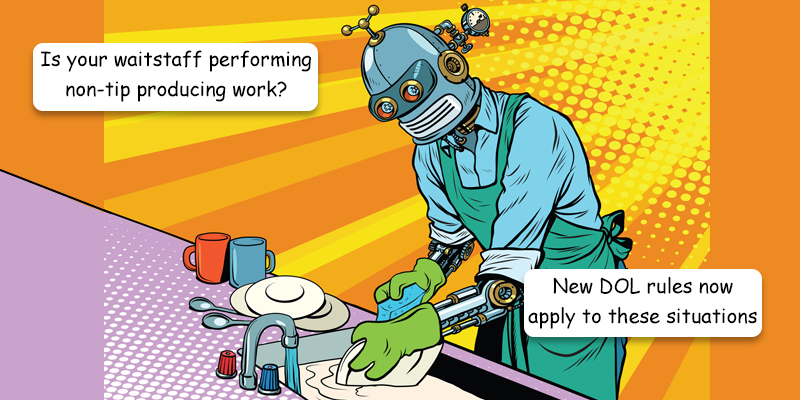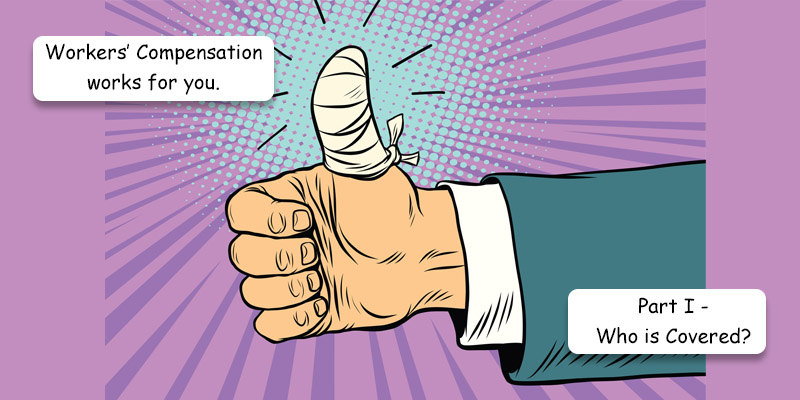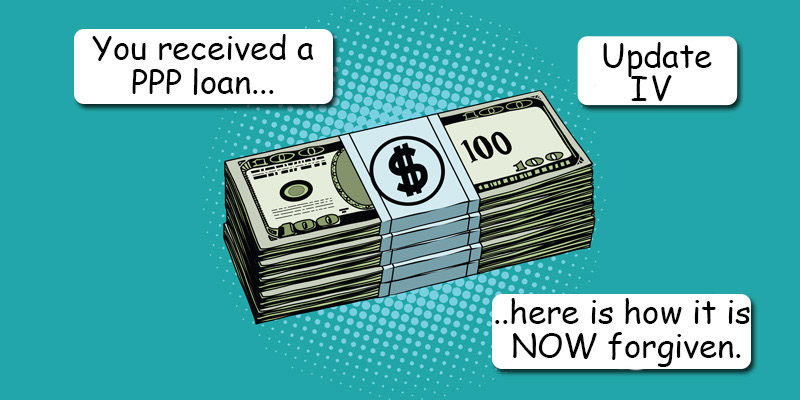All private employers, even Old MacDonald, who are subject to Title VII of the Civil Rights Act of 1964 (as amended by the EEO Act of 1972) with 100 or more employees and have establishments located in the 50 states or DC are required to file the Standard Form 100 (aka EEO-1) each year. The due date changes each year, and is often extended. As of the time of this article, the 2021 filing is due by Tuesday, May 17, 2022. This includes state and local governments, primary and secondary school systems, institutions of higher education, Indian tribes, and tax-exempt…
Posts published by “Romeo Chicco”
We are finally getting back to a state of normalcy, so the experts say. Some are going back to their offices, others are getting back to their busy business travel schedules, while others have found that productivity has not been negatively affected by being remote and have made the decision to stay that way. One of the things people have enjoyed about working from home is having more time with their pets. Over the past two years, pet adoptions have increased tremendously for a litany of reasons. Some people were alone and needed companionship while others finally had the time…
Whether you call it ‘earned wage access’, ‘instant pay’, ‘on-demand pay’, ‘pay on-demand’ or ‘wages on-demand’, this employee benefit is one of the fastest growing employee wellness programs in the market. Nearly 3 out of every 4 U.S. employees (72%) want access to their wages before their pay day, according to The UKG Workforce Institute study. With the increasing demand, there’s been a massive explosion in the number of companies offering earned wages on-demand to employees. You will find many employment ads that state “work today, get paid tomorrow” in their job offering. It is becoming a competitive advantage for…
Over the next few weeks, as your employees start to receive their 2021 W-2 form, they will most likely have many questions as to what all those numbers mean. For example, it is not uncommon for a salaried employee who earns $50,000 per year question why their Box 1 Wages only reflects $45,000. Did they get underpaid? Probably not. If the employee contributes to a pension plan (aka 401(k)) or has pre-tax insurance deductions, then those amounts reduces the “taxable” wage, which is what appears in Box 1. Some employees may also wonder why their Federal Income Tax withheld is…
While the Federal minimum wage remains at $7.25 per hour, 27 states and many cities, counties and locals have set increases effective January 1st, 2022 with a few announcing a change during 2022. Many states continue their path to $15.00 per hour and you will now find places in Washington state that have a minimum wage over $17.00 per hour. A list of each state/local, along with the new hourly rate is listed below. Any state that does not have a minimum wage change scheduled is not listed. All rates are effective January 1st, 2022 unless otherwise noted. Alaska: $10.34 Arizona: $12.80…
On October 28, 2021, the U.S. Department of Labor (DOL) issued a Final Rule, which takes effect on December 28, 2021; it is extremely important for businesses that pay the lower “tipped minimum wage” to take notice. In this final rule, the DOL finalizes its proposal to withdraw one portion of the Tip Regulations Under the Fair Labor Standards Act (FLSA 2020 Tip Final Rule) and finalize its proposed revisions related to the determination of when a tipped employee is employed in dual jobs under the Fair Labor Standards Act of 1938. Specifically, the Department of Labor is amending its…
The Coronavirus Aid, Relief, and Economic Security (CARES) Act that passed in March 2020 allowed businesses to defer paying their employer share of Social Security (OASDI) taxes through the end of that year. This allowed businesses to hold on to a portion of their tax liability to get through any cash-strapped times caused by COVID-19 and basically, have an interest-free loan for a long period of time. The deferred tax would then become due in two equal installments, with half due on December 31, 2021 and the remainder due on December 31, 2022. Here we are at the start of…
Last December, President Trump signed the Consolidated Appropriations Act of 2021, which included $1.4 trillion to fund the government through fiscal year 2021, as well as a number of important tax provisions. One of the little-known and under-utilized benefits in that Act is the extension of the Work Opportunity Tax Credit (WOTC) through December 2025. The WOTC provides a general business tax credit of up to $9,600 to employers that hire and retain individuals from certain targeted groups, such as veterans, ex-felons, summer youth, SSI recipients, long term unemployed and more. This month, the Internal Revenue Service even reminded employers…
The subject of workers’ compensation is an expansive topic that we will tackle in a series of blogs. Part I will cover who is covered, and future articles will tackle wages, audits, and more. Workers’ compensation insurance is a requirement for just about every business operating in the U.S. There are few exceptions, which are determined at the state level; for example, Florida, where the requirement is four or more employees, including business owners who are corporate officers or Limited Liability Company (LLC) members, in a non-construction industry business. For a construction industry business operating in Florida, you only need…
The SBA just announced this week the opening of their Direct Forgiveness Portal at https://directforgiveness.sba.gov/ that will launch on August 4, 2021 for loans of $150,000 or less. The borrower’s bank will need to opt in to this program and so far, over 600 banks have elected to participate. This will enable about 2.17 million borrowers to apply through the portal, which represents 30% of loans $150,000 or less that have not yet submitted for forgiveness. The SBA has put in place a customer service team to answer questions and directly assist borrowers with their forgiveness applications, whether they are…



